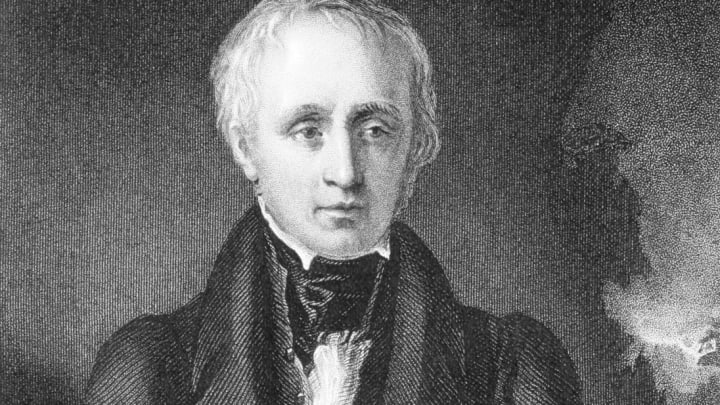For those of you who thought William Wordsworth was a not-so-subtle pseudonym meant to further the literary brand of a certain 19th-century poet, think again: William Wordsworth’s real name was actually William Wordsworth.
The fitting, alliterative moniker makes it hard to forget that Wordsworth was a wordsmith, but it also made him an easy target for mockery at the hands of other Romantic era writers.
Some of it was the type of clever wordplay you might expect from England’s elite poets. In an essay for the London Review of Books, Michael Wood highlights the time that Samuel Taylor Coleridge sent his poem “The Nightingale” to Wordsworth, writing, “And like an honest bard, dear Wordsworth/You’ll tell me what you think, my Bird’s worth.”
While Coleridge’s witty rhyme poked fun at Wordsworth in a playful way, not all of his contemporaries were quite so kind. As Literary Hub points out, Lord Byron referred to Wordsworth as “Turdsworth.”
Byron’s jab sounds like something you’d hear at an elementary-school kickball game, but, then again, the eccentric poet was never one to adhere to anybody’s expectations—during college, for example, he often walked his pet bear around the grounds.
As for the word turd itself, it’s been around much longer than you might have realized. According to the Online Etymology Dictionary, it derives from the Old English word tord, meaning “piece of excrement,” and it’s been used as a personal insult ever since the 15th century.
If fecal-themed nicknames aren’t really your thing, here are 42 other Old English insults that you can fling with abandon.
[h/t Literary Hub]
